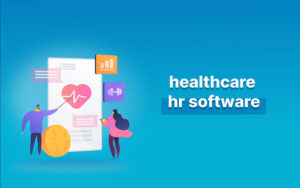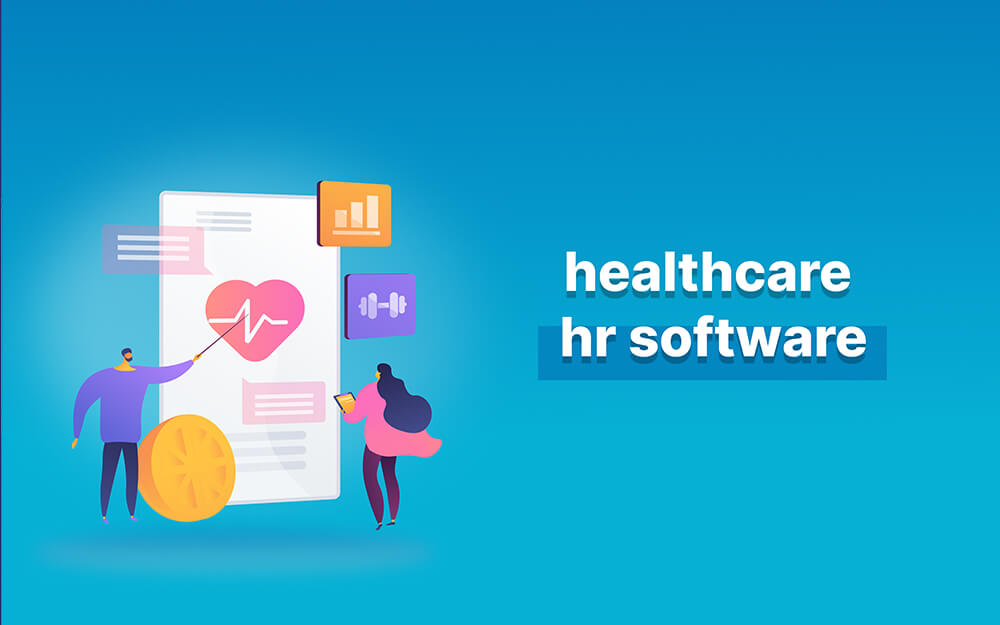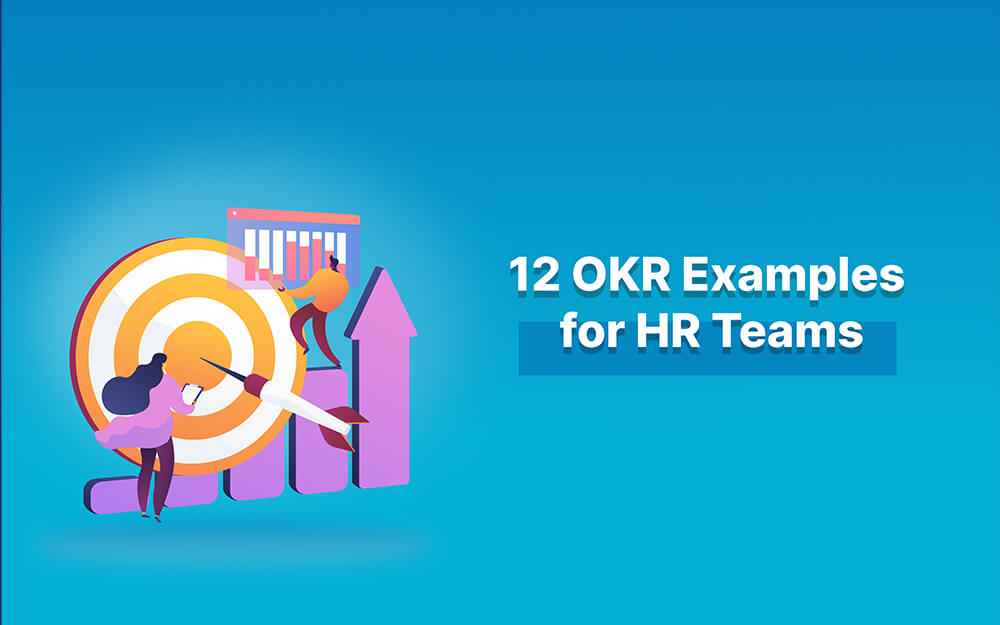healthcare hr software
The best human resources management system in the health sector.
What is the importance of human resources management for hospitals?
Human resources management is one of the important departments that must be present in any company or institution
Human resources management in hospitals is completely different from human resources management in any other location or sector, as the work of the human resources manager and the employees who work in human resources management is not limited only to employees inside the hospital, but also extends to the patients in it, as whenever The care was greater for employees working in this sector, and this was reflected in the patients, the way they were cared for, and the speed of their recovery
They help implement safety measures that protect patients and staff. It plays a key role in protecting the privacy of patient and staff records. They help create compensation plans that go beyond wages and benefits. It helps create employee scheduling policies to protect against burnout
Challenges facing human resources officials in health care organizations
It is known that the health care sector always faces the problem of working under constant pressure, and this pressure increases over time, but what is the role of the human resources department?
Human resources help balance the health care system’s business goals with the interests of employees.
While a healthcare provider’s HR teams have many responsibilities, the primary responsibilities are maintaining adequate staffing by recruiting, developing, and retaining the best talent.
Due to staffing shortages, HR spends more time on programs that attract and retain people while keeping up with other duties, such as ensuring legal compliance.

Human Resources also oversees the organization’s performance management process, ensuring that employees get the feedback they need to excel at their jobs and provide high-quality patient care.
The human resources management system in the health sector and hospitals aims to organize and manage the human resources related to the hospital or health facility. The health sector is considered one of the areas that require effective human resources management due to the importance of relying on qualified and specialized human cadres in providing quality health care.
Tasks of the Human Resources Management Department in the health sector and hospitals:
The human resources management system in the health sector and hospitals carries great importance and positive effects on the work and overall performance of the health institution. Here are some key ones:
Recruitment and selection of qualified employees: The human resources management system helps in identifying job needs and selecting and hiring qualified and appropriate employees for available health jobs. Recruiting the right staff enhances the quality of healthcare provided and improves the overall performance of the hospital.
Skills development and training: The system helps provide training and continuous development opportunities for employees in the medical and administrative fields. This improves the level of skills and knowledge of the medical and administrative team, increases their ability to deal with complex health challenges, and improves the quality of services provided.
Performance management and productivity enhancement: The system helps in evaluating employee performance, setting clear goals, and providing the necessary guidance and feedback to improve performance. This enhances the overall productivity of the organization and contributes to achieving institutional goals.
Payroll and Benefits Management: The system helps in managing salaries and benefits for employees on a regular basis in accordance with established policies and procedures. This ensures fairness and transparency in the distribution of salaries and benefits and contributes to employee satisfaction and continuity.
Workforce Relations Management: The system contributes to establishing positive and sustainable working relationships between hospital management and employees. This helps to enhance team spirit and cooperation among different members and promote a healthy and motivating work environment.
Discipline and absence management includes tracking and managing employee absences and applying appropriate procedures in cases of discipline and violations.
Strategic planning for human resources includes developing strategies and plans to meet the hospital’s staffing needs in the future, considering expected developments and changes in the health sector.
Compliance with legislation and policies: The system helps ensure compliance with legislation and policies related to work and employees in the health sector. This ensures the protection of employees’ rights and the application of legal and ethical practices. Other importance of the human resources management system in the health sector and hospitals includes:
Crisis and change management: The system helps prepare and train the medical and administrative team to deal with health crises and structural changes in the hospital. This ensures the institution’s ability to adapt and respond effectively to external variables and ensures the continuity of health services.
Professional performance management and career development: The system helps in evaluating employee performance and providing opportunities for promotion and professional development. This encourages employees to improve their performance and strive for continuous development, which leads to improving the quality of services provided and increasing patient satisfaction.
Human resources planning: The system helps in analyzing and forecasting future human resources needs, such as the number and specializations required for employees. This helps provide the necessary specializations and avoid staff shortages or overcrowding.
Strengthening the organization’s culture: The system helps in enhancing the organization’s culture and its shared values among employees. This contributes to strengthening belonging and team spirit and enhancing the hospital’s identity.
In short, the human resources management system in the health sector and hospitals plays a crucial role in organizing and managing human resources and achieving institutional goals, in addition to improving the quality of health care and patient satisfaction.
The best proof of this is the Mago human resources management system, as the Mago system performs all human resources management tasks in a fully automated manner, suitable for all and various sectors.
How does Mago human resources management system serve the health sector?
Mago Human Resources Management System helps the health sector and hospitals in several important aspects and will help you manage all branches of clinics and hospitals from one place.
Here are some ways it can be useful:
Recruiting and selecting the right employees:
Mago Human Resources Management System helps simplify and organize the employee recruitment process in hospitals and the health sector. The system can track job vacancies, post advertisements, receive job applications, screen applicants, organize interviews, and select suitable candidates. By streamlining this process, hospitals can find employees with the right skills and experience to meet their needs.
Employee development and training: Mago Human Resources Management System facilitates employee development and provides them with ongoing training. The system can track employees’ current skills and training and organize training programs. It can also identify training and development needs, plan training courses, and evaluate the impact of training on employee performance. By enhancing staff development, hospitals can enhance the level of efficiency and professionalism and improve the quality of care provided.
- Performance management and appraisal: Mago HCM can help hospitals improve performance management and performance appraisal of employees. The system can set measurable goals and performance indicators, track performance progress, and provide ongoing feedback and guidance to employees. The system can also be used to conduct periodic evaluations and fair and transparent performance evaluations, enabling hospitals to improve employee performance and achieve their goals.
Payroll and Benefits Management: Mago system can facilitate payroll and benefits management in hospitals and health sector. The system can track, calculate and distribute payroll and benefits information accurately and according to established policies and procedures. The system can also generate financial and administrative reports related to salaries and benefits, which contributes to achieving financial balance and fairness in the distribution of salaries and benefits.
Attendance Management: Mago Human Resources Management System helps facilitate the management of employee attendance in hospitals. The system can track working hours, absences, and vacations, record time, and calculate salaries based on available data. This helps improve the accuracy of attendance management and reduce human errors.
Employee self-service: Through the employee self-service application via mobile, your employees can view all their data, their leave balance, and everything related to their salaries, record their attendance and departure from anywhere, and submit all types of requests.
In general, Mago Human Resource Management System contributes to improving human resources management and enhancing efficiency and effectiveness in the health sector and hospitals. Contributes to recruiting appropriate employees, training and developing them, evaluating their performance, managing salaries and benefits, and managing attendance and departure. By improving these processes, hospitals can achieve high-quality healthcare and improve internal operations.




